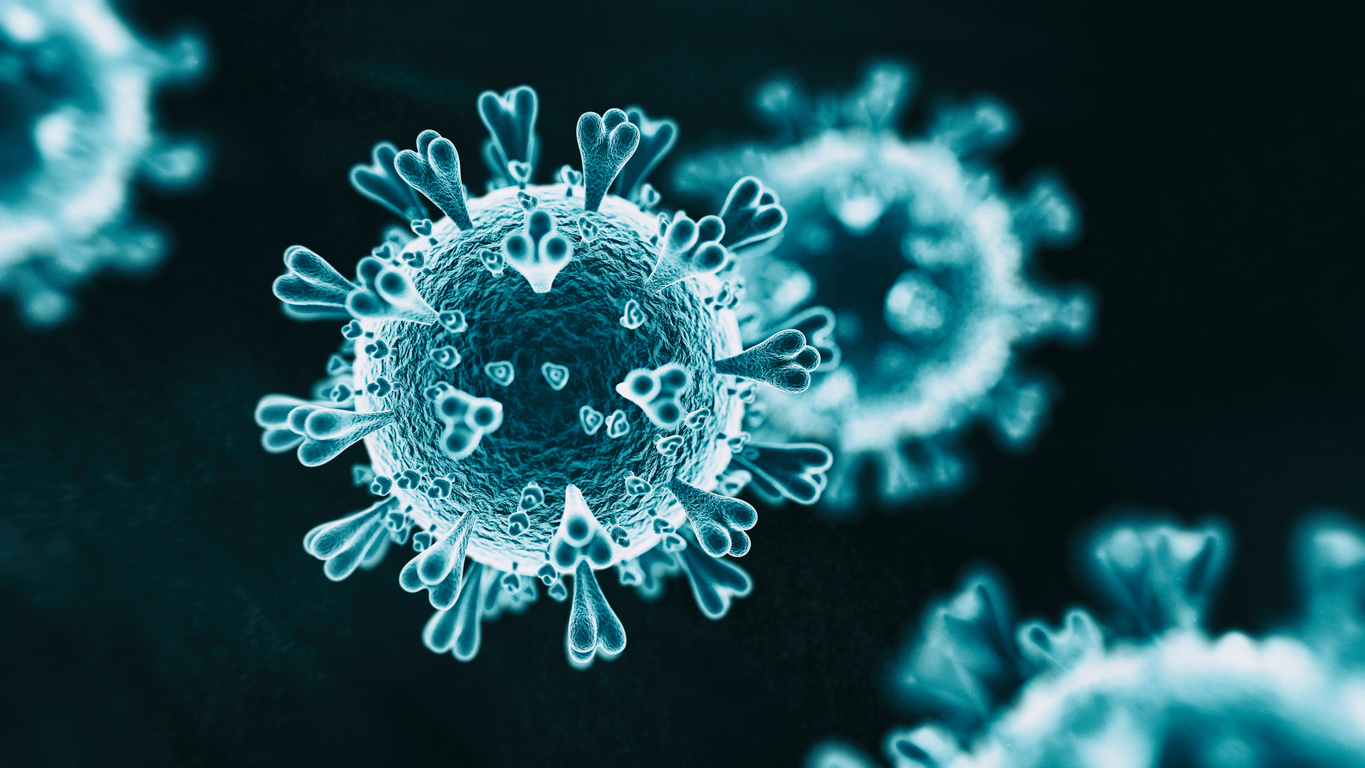
Delta Plus claims first life; expert says too early to blame it for 3rd COVID wave

Even as the Delta Plus variant of COVID-19, recently dubbed a variant of concern by the government, spreads its tentacles across states, a top expert in genome sequencing has said that the mutant may not necessarily trigger a third wave of the pandemic in India.
Eight states so far have reported over 40 cases of the variant over the past few days. Madhya Pradesh on Wednesday reported its first death due to variant while Bengaluru reported its first case.
Identified as a highly transmissible strain of COVID, the variant, a sub-lineage of the Delta variant is feared to trigger another wave of infections in India.
Dr Anurag Agarwal, director of the Institute of Genomics and Integrative Biology (IGIB), however, says there is no evidence to support this claim.
“My institute has sequenced more than 3,500 samples from Maharashtra in the month of June, covering samples from April and May. We can see that these (Delta plus variants) are very much there. But these would constitute less than one per cent,” he told NDTV.
Also read: 3 countries totally banked on Chinese vaccine, and cases are spiking
While the Centre has sounded alerts in Maharashtra, Kerala and Madhya Pradesh, asking respective governments to ensure implementation of COVID-appropriate behaviour and ramp up contact tracing and testing, sources say the variant has been detected in more states than the reported three.
Admitting that the variant is still one that demands extreme caution, Dr Agarwal says the main concern now is not to panic over an imminent third wave and instead ensure that the people and government don’t lower their guard against the second wave.
“So what I mean when I say we must not be very concerned is that for any Delta that exists anywhere in India today, we must be concerned about the second wave not ending, before we worry about the third wave,” he told NDTV.
“But I certainly do not see any reason right now for people to panic regarding Delta Plus being significantly worse than Delta or creating a major third wave…there is absolutely no evidence for that,” he added.
The Delta Plus variant has mutation in its spike protein called K417N which scientists suspect makes it transmissible. The spike protein is also said to reduce the effectiveness of a cocktail of therapeutic monoclonal antibodies.
So far, 197 cases of the variant have been reported across 11 countries including India.
Also read: Pune study shows MCVs may offer children better protection
While India had not reported any fatalities due to the virus so far, the first one was recorded at Madhya Pradesh’s Ujjain on Wednesday.
A genome sequencing of samples taken from a deceased COVID-19 patient showed that she was infected with the Delta Plus variant.

